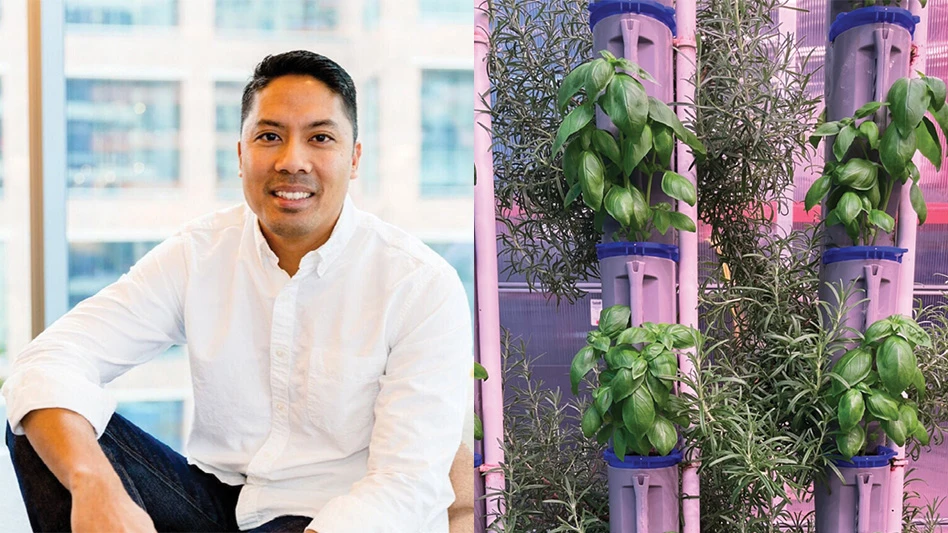
Produce Grower: What’s new in the industry for IPM?
JB: Everyone has noticed movement — companies and products changing hands while there are fewer new active ingredients, products and biological control agents. While we’re in this period of transition, we’re seeing growers be very resourceful and more operations use hybrid approaches that include some biologicals. Fewer are all-in on a single approach, for example completely conventional, or all biological.
PG: What does that mean for produce growers?
JB: It often means updating IPM programming to boost efficacy and considering more progressive or hybrid approaches. Even small changes to a program can make big differences. Changes might include replacing or adding applications, like including a low-cost adjuvant with fungicides or insecticides to lengthen residual or making additional sprays to increase control that then increases yield. It could also be replacing a single ingredient material with a combination product.
PG: What are some ways to hybridize an IPM program?
JB: I like to recommend a simple entry point whether you’re new or returning to biologicals in your operation: “Foundational Fridays.” Every Friday, make applications of simple formulated biologicals. Those are bioinsecticides, biofungicides, beneficial nematodes, biorationals or any other biological product you apply like conventional chemistry. These foundational applications keep target pest pressures lower, helping the rest of the IPM program work better. In our BASF program, we recommend Nemasys® and Millenium® beneficial nematodes for fungus gnats and shore flies, and Velifer® fungal contact insecticide/miticide for aphids, thrips, whiteflies, mites and more. These are applied weekly, starting at the high rates for each product. When pest pressure drops below threshold for the target, you can reduce the rate for the product; but you always make the applications on Friday so it stays on the calendar. Add in whatever other formulated biological products are needed, and that’s Foundational Friday.
PG: Why would growers consider biologicals from a chemical company?
JB: BASF doesn’t try to do everything in the biologicals arena; we chose a small number of things that we do well. In Velifer, both the proprietary Beauveria bassiana strain and the formulation are unique to BASF, providing unmatched performance and plant safety in this category. We were the first to move fresh product to customers via “cold-tunnel logistics,” so the product arrives alive, labeled for maximum shelf-life protection. Our beneficial nematode line that includes Nemasys and Millenium is also handled in the cold tunnel for direct delivery to end users. We bundle these products with technical, programming and compatibility support to the end user making it easy to integrate biologicals into their operations.
PG: Have growers tried and been successful with Foundational Fridays?
JB: Yes! They’re already doing Conventional Tuesdays — maybe on a different day of the week — and all that’s left is Beneficial Wednesdays for BCA releases if they want to go all in. It’s a flexible system, just like IPM. It’s easy to adjust to the grower’s preferences and operation, it’s successful because it’s scalable, and it just works.
Always read and follow label directions. Millenium, Nemasys and Velifer are registered trademarks of BASF.

Explore the December 2022 Issue
Check out more from this issue and find your next story to read.
Latest from Produce Grower
- Consumer Curiosity Report explores food, nutrition opinions from 'early adopters'
- Your comprehensive guide to Indoor Ag-Con ’25
- Sollum Technologies and Indoor Ag-Con announce recipients of Sollum Student Scholarship
- 80 Acres Farms expands to Georgia, Texas and Colorado
- This fast and agile robotic insect could someday aid in mechanical pollination
- AmericanHort urges exclusion of sphagnum peat moss from proposed Canadian tariff
- The Growth Industry Episode 2: Emily Showalter on how Willoway Nurseries transformed its business
- Moleaer expands irrigation product line featuring nanobubble technology





